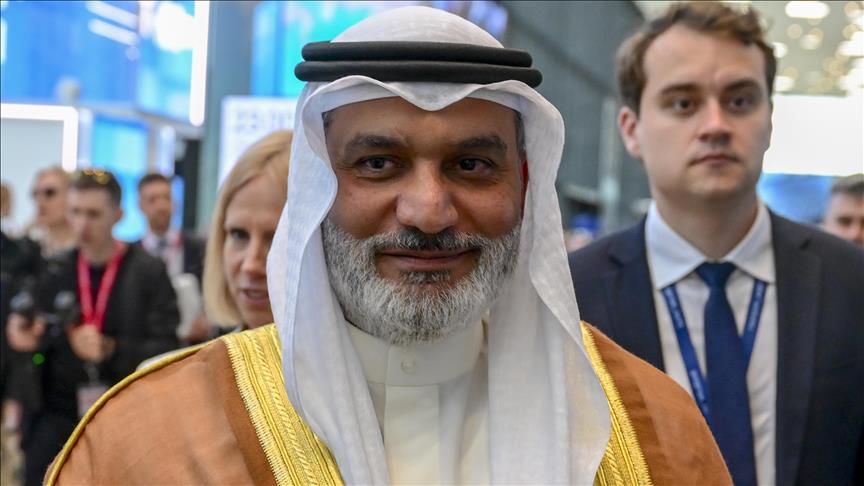OPEC Secretary-General Haitham Al-Ghais has highlighted Libya’s essential role in the global energy market, stressing that developments in the country have significant implications for the international oil sector.
At the Libya Energy and Economic Summit 2025 (LEES) in Tripoli on Sunday, Al-Ghais emphasized that Libya is well-positioned to be a key player in the oil and gas and renewable energy sectors.
‘I have no doubt that Libya can be at the forefront of future oil and gas production as well as other areas such as renewables and in utilizing technologies to improve efficiencies as well as to reduce emissions,’ he remarked.
‘It has the natural resources, as we have seen today, and it will have the future investments required. Above all, it has the will of the government and the people to advance,’ he added.
Al-Ghais pointed out that Libya has been a key member of OPEC since joining the organization in 1962. He also underscored the country’s vast oil reserves, estimated at 48 billion barrels (approximately 7.6 billion cubic meters). These reserves make up around 3% of the world’s proven reserves and more than 40% of Africa’s total reserves.
“Moreover, Libya has significant gas resources, too. It is very well positioned to be an energy hub in the Mediterranean,’ he underlined.
– ‘All forms of energy needed’
Al-Ghais stressed that the stability of global energy markets relies on the continued commitment of OPEC and its OPEC+ partners.
He recalled the pivotal production decisions made during the early days of the COVID-19 pandemic, which played a key role in stabilizing markets and supporting economic recovery.
With global energy demand expected to rise by 24% by 2050, he pointed out that daily oil consumption is projected to reach 120 million barrels, driven largely by population growth, economic expansion, and urbanization in developing countries.
“The future is one that requires huge investments into all energy sources,” he said, adding, “I underline the word all. We see the oil sector alone requiring investments totaling $17.4 trillion from now to 2050. That’s more than $650 billion per year.”
In reference to LEES 2025’s inclusive approach, which addresses renewable energy, climate challenges, and technology, Al-Ghais commented: ‘This is the approach that OPEC fully advocates.”
“We have no doubt that the world will continue to need all energies, and it will embrace all energies. And of course, we have to recognize the differing needs of all people around the world.”
He emphasized the importance of making realistic assumptions about the potential of various energy sources and technologies to inform future investments.
“Understanding this future and planning for it is a core of the Charter of Cooperation between OPEC and a number of non-OPEC producing countries. Libya plays an important role in the Charter,’ Al-Ghais concluded.

